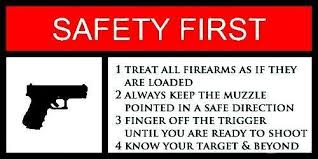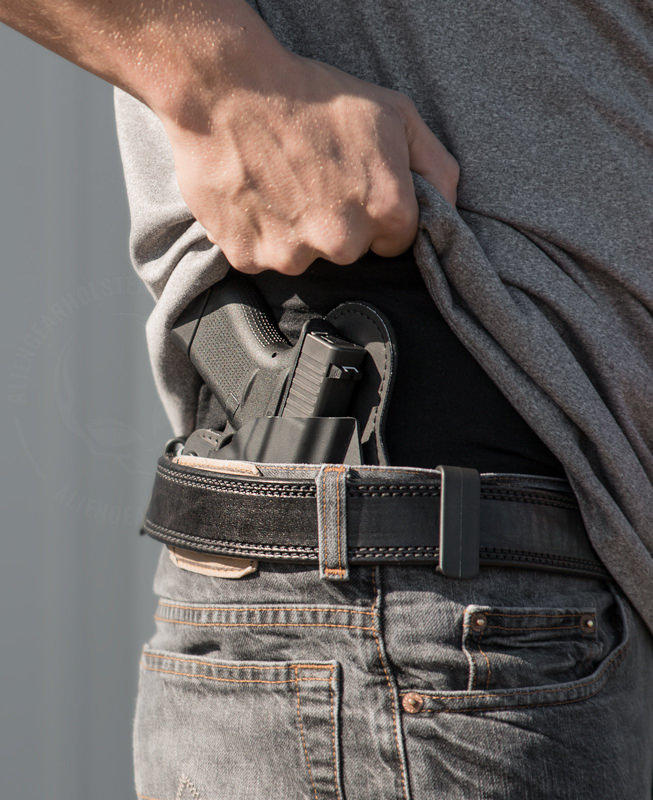Effective October 1, 2021
HYTA is available for youthful criminal offenders ages 18 – before age 26
This is why HYTA dispositions for criminal offenses are such a big deal:
- The court does not enter a judgment of conviction,
- The record is sealed,
- HYTA may be used for an unlimited number of eligible criminal offenses,
- HYTA is NEVER AUTOMATIC and it must be accepted by the Court and approved by the prosecutor under certain circumstances,
- The offense(s) taken under HYTA are not required to be disclosed on applications, and
- The case is dismissed upon compliance with conditions laid out by the court!
Michigan’s newest version of the Holmes Youthful Trainee Act (HYTA) goes into effect on October 1, 2021. Prior to October 1, 2021, HYTA applied only to individuals under the age of 24. The latest rendition of Michigan’s HYTA statute provides youthful adult offenders, ages 18 but before age 26, with an opportunity to keep a criminal offense, including serious felonies, off of his or her permanent criminal record. Dismissals pursuant to HYTA means that the offender avoids the stigma and public record of a criminal conviction. Subject to some exceptions, HYTA is available for most felonies and misdemeanors. In addition, under most circumstances, a conviction under HYTA status is not required to be disclosed on an application for employment or education.. HYTA status can be taken away if an individual violates the terms and conditions ordered by the court. Getting charged with another crime while on HYTA status is a clear violation that could result in LOSING HYTA status, inthe discretion of the Judge.
HYTA is not available for juveniles (under age 18) or for offenders that are age 26 or older. However, there are other provisions of law that can benefit juveniles and adult offenders over age 25.
How do you get a HYTA disposition? Rule #1: HYTA applies only for those age 18 but before age 26!
Having an experienced criminal defense lawyer can mean the difference between winding up with a conviction or getting a criminal case dismissed. Although HYTA requires a formal “plea of guilty”, the court does not enter a judgment of conviction and Michigan State Police records are sealed as soon as the court assigns an individual to HYTA status.
According to the HYTA law (MCL 762.11), the prosecutor shall consult with the victim regarding the applicability of this section. The consent of the prosecutor may be required depending upon the age of the defendant at the time of the alleged offense:
- Prosecutor’s consent is not required for offenses committed on or after the offender’s 18th birthday but before his or her 21st birthday.
- Prosecutor’s consent is mandatory for offenses committed on or after the offender’s 21st birthday but before his or her 26th birthday.
HYTA is not guaranteed and may be rejected by the court. Hiring a local Macomb County criminal defense attorney that knows the laws and has excellent skills dealing with local judges, police and prosecutors is vital for those that want the best possible advantage in the legal system.
You can get HYTA more than once and other helpful information
The HYTA law has many special features including the following:
- There is no limit on the number of cases which may be placed on HYTA status.
- Juvenile offenders (under age 18) are not eligible for HYTA but may be eligible for a disposition in the juvenile system with the same result such as diversion or consent calendar.
- HYTA is not guaranteed and may be rejected by the judge even if the prosecutor, police and victim consent.
- HYTA may include jail, probation, counseling and restitution to any victims.
- The court may require an individual that is given HYTA status to be drug/alcohol tested, maintain employment or attend high school.
The following offenses are not eligible for HYTA
The essence of HYTA is that it allows for eligible criminal offenses committed by youthful offenders to be dismissed and sealed. HYTA is available for most misdemeanors and felonies. However, the HYTA statute lists various offenses which are not eligible for HYTA status as follows:
- Traffic crimes (DWLS, Fail to Stop at the Scene of an Accident),
- Drunk driving, Super Drunk Driving,
- Major controlled substance offenses,
- Major criminal sexual conduct offenses,
- A felony for which the maximum penalty is imprisonment for life.
Talk to an experienced criminal defense lawyer that knows the local courts and ways to get you out of the system with the best possible outcome.
HELP: Will anything show up on my record if my case is dismissed under HYTA status?
Our attorneys are asked this question every single day. As we have explained, HYTA specifically says that upon the court’s acceptance of HYTA status, there is no adjudication of guilt, the record is sealed and the case is dismissed upon compliance with any conditions spelled out by the court. The benefit of HYTA cannot be overstated. It is an excellent deal which we have used to get thousands of criminal charges DISMISSED. As far as the record of an individual is concerned after getting a case dismissed upon compliance with a HYTA disposition, we can only say that it will be sealed by the court and the Michigan State Police and the public will not be able to view your record. Should anyone contact the court about your record after HYTA has been granted, the court employees are instructed to say: “THERE IS NO PUBLIC RECORD” and “THE EXISTENCE OF HYTA RECORDS CANNOT BE DISCLOSED“.
Unfortunately, HYTA protection is limited and does not mean that your record is destroyed, disintegrates or vanishes. The history of all criminal cases, including those disposed of pursuant to HYTA status, are forever maintained by the court, FBI and Michigan State Police. In addition, Michigan law gives certain entities (courts, law enforcement) access to HYTA records that would otherwise be classified as non-public. In addition to law enforcement agencies, other entities are also given access to HYTA records including: financial institutions, educational institutions, utility companies, and health care companies.
Most prevalent crimes are eligible for HYTA
Most non-traffic misdemeanors and felonies are eligible for HYTA status. HYTA status is available for all of the following common criminal offenses:
- Assault and Battery
- Aggravated Assault
- Assault w/Deadly Weapon
- Assault w/Intent to Do Great Bodily Harm
- Assault by Strangulation
- Check Crimes for Insufficient Funds
- Computer Crimes
- Credit Card Fraud/FTD Crimes
- Disorderly Conduct
- Domestic Violence
- Driving While License Suspended
- Drug Crimes (use, possession, delivery)
- Embezzlement
- False Pretenses
- Firearm Crimes
- Fleeing & Eluding
- Indecent Exposure
- Larceny Crimes
- Larceny in a Building
- Maintaining a Drug House or Vehicle
- Malicious Destruction of Property
- Public Intoxication
- Receiving Stolen Property
- Resisting & Obstruction
- Retail Fraud
- Stalking
- Uttering & Publishing
HYTA is not available in the federal court system. However, the federal court system does have programs, such as diversion or pardon, that allows for a federal crime to be dismissed.
Traffic Offenses and Drunk Drunk are Not Eligible for HYTA
Although traffic offenses and Drunk Driving offenses are not eligible for HYTA, we are often able to get them amended to avoid any traffic points and also avoid a criminal conviction.
Can you lose HYTA status once it is granted by the court
A person that is given HYTA status remains on HYTA status until the end of a period of probation. There are always some rules and conditions that the court will impose for individuals that are given HYTA status. Violation of any rule or condition imposed by the court can result in losing HYTA status, abstracting the criminal conviction and imposition of further sentencing which could include jail. Getting charged with another crime while on HYTA status will always constitute a violation. When a person is violated, the court will conduct a hearing to determine if a person will retain or lose his or her HYTA status. In my opinion, most judges do not like to take away a person’s HYTA status and I would say that a judge will usually bend over backwards to allow a person to stay on HYTA. A HYTA violation is a serious matter that requires a solid plan ahead of time that can make a difference in keeping or losing HYTA status. However, keeping HYTA status may have consequences such as serving some time in jail. Do not hesitate to consult with an attorney if you find yourself in this position.
Other Michigan provisions which are similar to HYTA
There are other laws which can be used in Michigan to get a criminal case dismisssed or under control which include: which can be resolved by laws which are similar to HYTA. They are as follows:
MCL 769.4a is used to get domestic violence offenses dismissed.
MCL 333.7411 is used to get drug crimes dismissed.
MCL 780.621 is Michigan’s “Clean Slate” or expungement law.
 Michigan Criminal Lawyer Blog
Michigan Criminal Lawyer Blog





